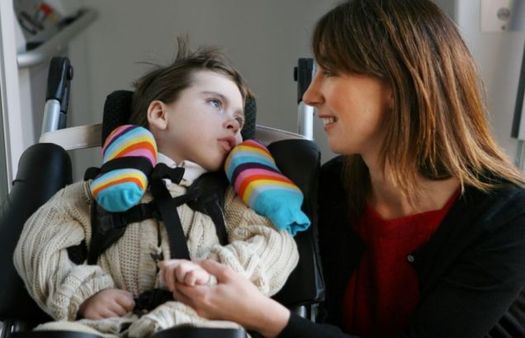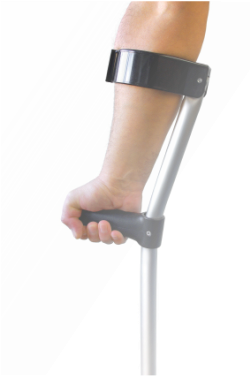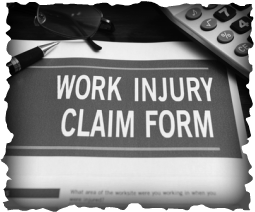
Any worker who gets disabled because of a physical or mental ailment may apply for Social Security Disability Insurance (SSDI) benefits. Once approved, not only will he or she receive monthly benefits, but also his or her dependents, particularly his or her children.
Every month, nearly 4.4 million children receive around $2.5 billion worth of benefits from their parents who are disabled. They also receive them if one or both their parents are either retired or deceased. Consequently, the amount of benefits they receive would help them sustain the necessities needed for them to live. Such Social Security benefits keep the family’s financial future stable.
If you have a child and you are receiving SSDI benefits, your child can also get benefits as long as your child is:
· Your biological son or daughter;
· Your adopted child; or
· Your dependent stepchild.
The child must also fulfill the following requirements for him or her to receive disability benefits:
· Must be unmarried;
· Younger than 18 years old;
· 18 to 19 years old and a full-time student who is not higher than Grade 12; or
· 18 or older and also disabled.
Note that in the fourth requirement, your child’s disability must have started before he or she reached the age of 22.
In applying for benefits for your child, you must present his or her birth certificate and Social Security number, as well as your own SS number. If you are applying for disability benefits for your child, you have to collect medical proof that would help prove his or her disability.
Accordingly, the SSA could give your child’s claim either an approval or a denial. If you disagree with the latter, you can always file an appeal on behalf of your child. In this regard, it is advised that you retain the services of any Los Angeles Social Security Claim Lawyers.



 RSS Feed
RSS Feed